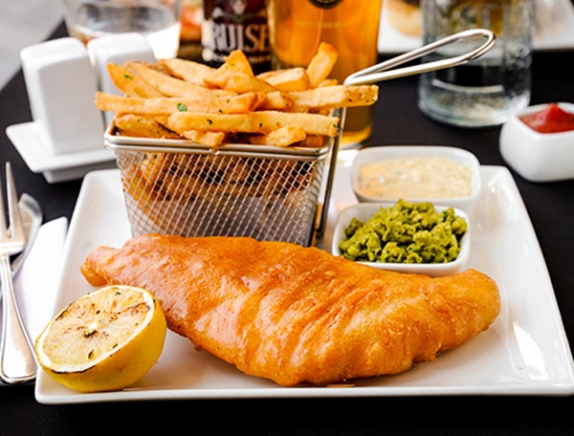Their data set was rich, spanning the period from January of 2001 through December of 2013, a stretch in which they analyzed twelve Super Bowls, two hundred and four Bears games (a hundred and eighty-six on Sundays, eighteen on Monday nights), ninety-four N.B.A. Finals games, sixty-eight Bulls playoff games, seventy World Series games, and thirty-four Cubs and White Sox playoff games. The authors, Hannah Laqueur and Ryan Copus, examined Chicago crime reports by the half hour while those games were in progress and compared them to reports from the same time, day, and month when the teams weren?t playing.
The effects were hard to miss. On Monday nights when the Bears were playing, crime in Chicago was down thirteen per cent?property crimes by three per cent, violent crimes by eleven per cent, and drug crimes by nearly thirty per cent?compared to the same Monday-night time slot when the Bears were off. Crime was consistently lower, though to a smaller degree, during N.B.A. finals games, Bulls playoff games, and Cubs and White Sox playoff games, regardless of whether the games were played at home or away. The Super Bowl had the biggest impact. During the three-plus hours of the game, crime fell by an average of twenty-five per cent?property and violent crimes by roughly fifteen per cent and drug crimes by more than sixty per cent?which amounts to about sixty fewer crimes.

